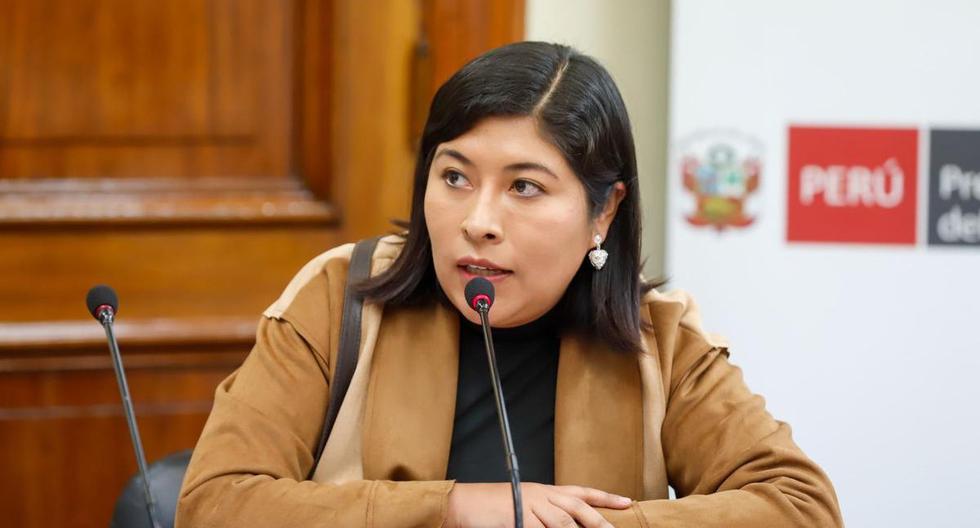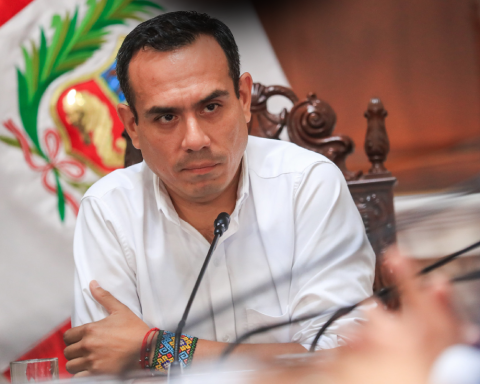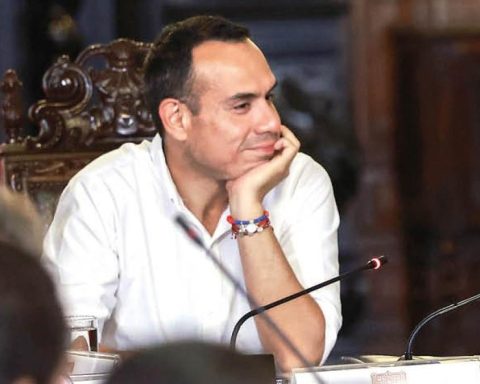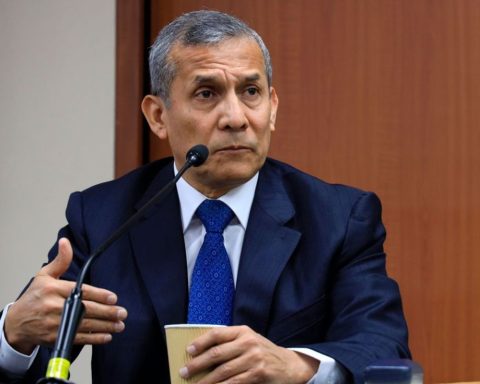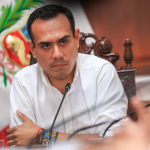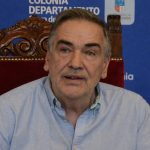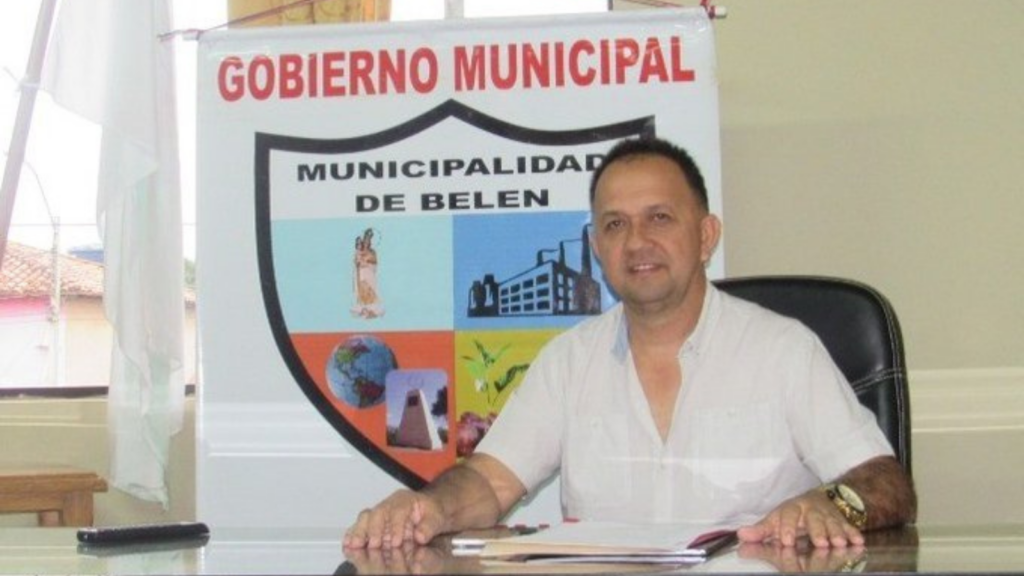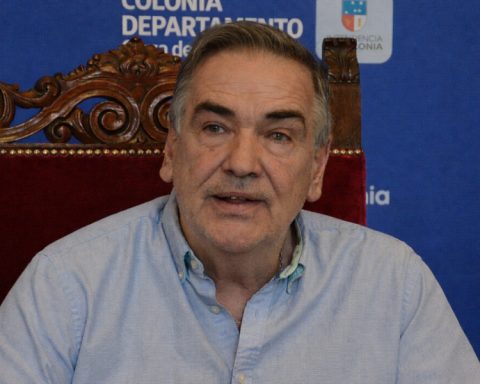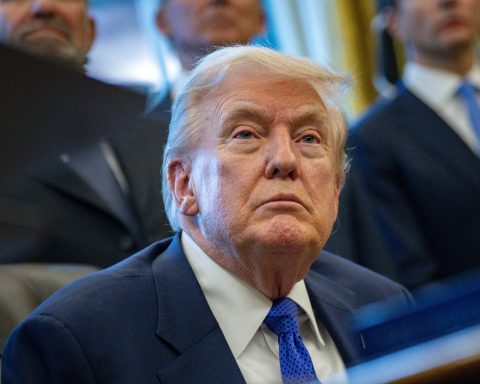the prime minister Betsy Chavez He pointed out this Monday, during his participation in the plenary session of Congress, that the observations of the Ministry of Economy (MEF) to the opinion of the 2023 Public Budget bill, proposed by the Budget Commission, were not considered.
“The MEF team recommended that the Commission establish provisions that allow entities to make budgetary modifications, that allow them to redistribute their resources and meet the proposals. However, these technical recommendations have not been considered. said.
The Congress proposal incorporates 10 final complementary provisions, which imply additional expenses for an amount of S/ 1,164 million charged to the contingency reserve, which were not provided for in the bill presented by the Executive in August.
Likewise, Chávez comments that “Articles that have the budget of the budget documents have been included, establishing commitments that are not provided for in the bill presented by the Executive.”
In this sense, the main observations made to the Congress proposal are said additional demands charged to the contingency reserve.
“If there is not a clear identification of the reallocation of resources, it would affect compliance with authorized expenses. In addition, it would imply the reduction of other commitments”, adds.
LOOK Premier to Congress: “I believe that together we can overcome this rumor (a matter of trust)”
Budget 2023
Betssy Chávez indicated that the resources that finance the budget expenses for the year 2023 amount to S/ 214,790 million, which means a growth of 9% compared to what was forecast for 2022.
“This increase is significant, being the largest in the last four years. For the preparation of the 2023 budget, an evaluation of the available income has been carried out, as well as the sustainability of public finances.
These resources seek to finance nine priorities: education, health, transport and communications, improvement of the quality of justice services, poverty alleviation, citizen security, housing, strengthening of agricultural competitiveness and employment.
In this sense, Chávez mentions that the project considers a higher tax collection as a consequence of the recovery of economic activity, which leads to a reduction in indebtedness compared to 2022.
“The main source of financing is ordinary resources, which come mainly from tax collection, constituting 66% of total resources and growing by 19% compared to 2022.”
“This entire strategy is based on carrying out a social revolution, within a framework of stability and fiscal sustainability, this will only be possible if we accompany it with balanced fiscal management, efficient and decentralized spending,” he concludes.
